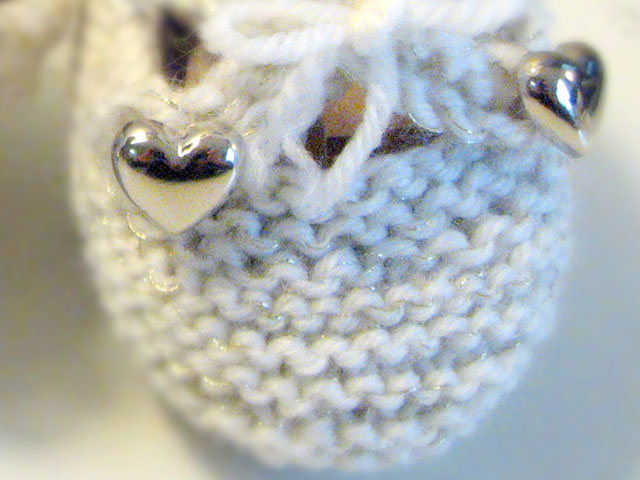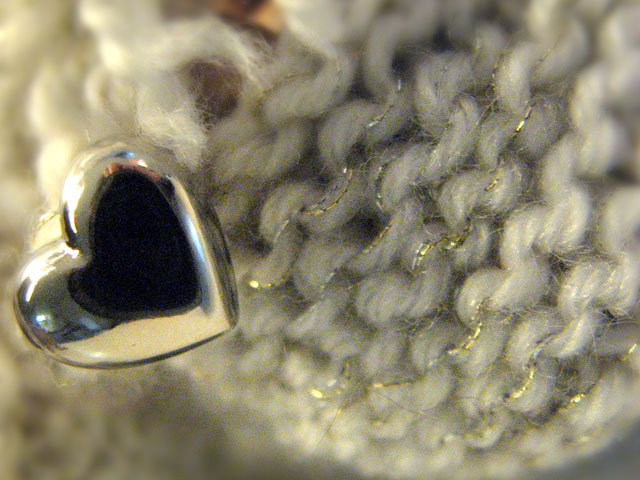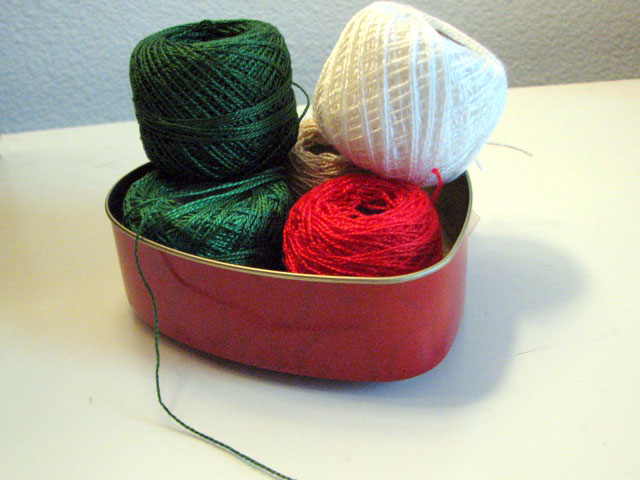Harpsichord Time.
I’ve had three encounters with the song “Golden Brown” by The Stranglers, and each one has endeared me to it more than the one before it.
I’ve only had a passing interest in The Stranglers. I started listening to them in my junior year of high school, but was not particularly dedicated to them in the way I felt about some of my favorites at that time. The first track I’d ever heard was “All Roads Lead to Rome.” To this day I love how deliberate and controlled it is. The entire song is a little too faint. It never gets to the level you feel it should get to, it never builds, it never establishes contrast. It works for me.
I’d first heard “Golden Brown” in the fall of my senior year of high school, and it was good enough to walk to and from school to, but it was not among some of their more interesting tracks of theirs I’ve chased. Over the course of their career, The Stranglers released a series informally known as “The Chronicles of Vladimir.” They were mysterious, rough, and Soviet-inspired, and they had a sense of humor. Strung together, they tell a loose story of a comrade named Vladimir (and his wife, Olga). At the time they were very hard to track down, which made them precious. It took me THREE YEARS to track down all of the Vladimir tracks, nevermind the amount of time it took to compile a complete list of all the Vladimir tracks. Today I’m sure there’s some precompiled YouTube playlist for them or something.
It wasn’t until I heard “Golden Brown” a couple of years later in the opening scene of “He Died with a Felafel in his Hand” that it gained some significance with me. “Felafel,” by the way, is one of my favorite movies of all time, despite its badly cut trailer. It’s based on the book of the same name by John Birmingham, which is expensive to get in print. The Kindle edition is an affordable $9.99. I haven’t read it. The film is cool and beautiful and witty. I’m sure detractors would find it slow and self-indulgent, but I think it has a great deal of style and I find it beautiful on an aesthetic level and a storytelling level. It’s responsible for a lot of my self. Hearing “Golden Brown” and immediately recognizing it within the first nanosecond of “Felafel” felt very permanent in the context of the film and the context of the song.
The Stranglers are interesting in that they have two distinct sounds: They can sound very aggressive, very 1960s, in-a-word, jangly: “Peaches”, “Nice N’ Sleazy”, “Choosey Susie”, “Walk on By”, “No More Heroes” are all examples of this. Then there’s an entirely different aural trajectory: “Skin Deep”, “Always The Sun”, “All Roads Lead To Rome”, “Duchess”, “European Female.” It’s this latter category that I feel “Golden Brown” falls into, a softer, more ’80s sound. The discernible difference is that in the former they sound underproduced and in the latter they sound, well, produced. Apparently they used to have more of an edge, but went more mainstream as their career progressed.
I watched the video for “Golden Brown” a few times this past weekend. The video is really very nice, though I feel the stock footage of North Africa and the Middle East dilutes it. I prefer the ‘playing music in the parlour or whathaveyou’ parts. I’ve had harpsichords on my mind lately, which led me to do a little research. According to some famous British person who attempted to dance to this song on British Dancing With The Stars UK, this song is impossible to dance to, something about the “alternating bars” or something. I think a song that’s impossible to dance to is a curious idea, because music and dancing seem inexorably linked throughout history. It never crossed my mind that there could be a consonant song that was impossible to dance to. I really, really like this song.












